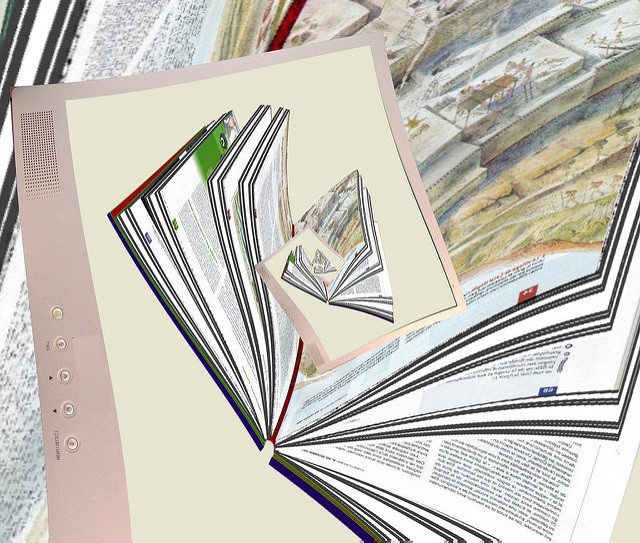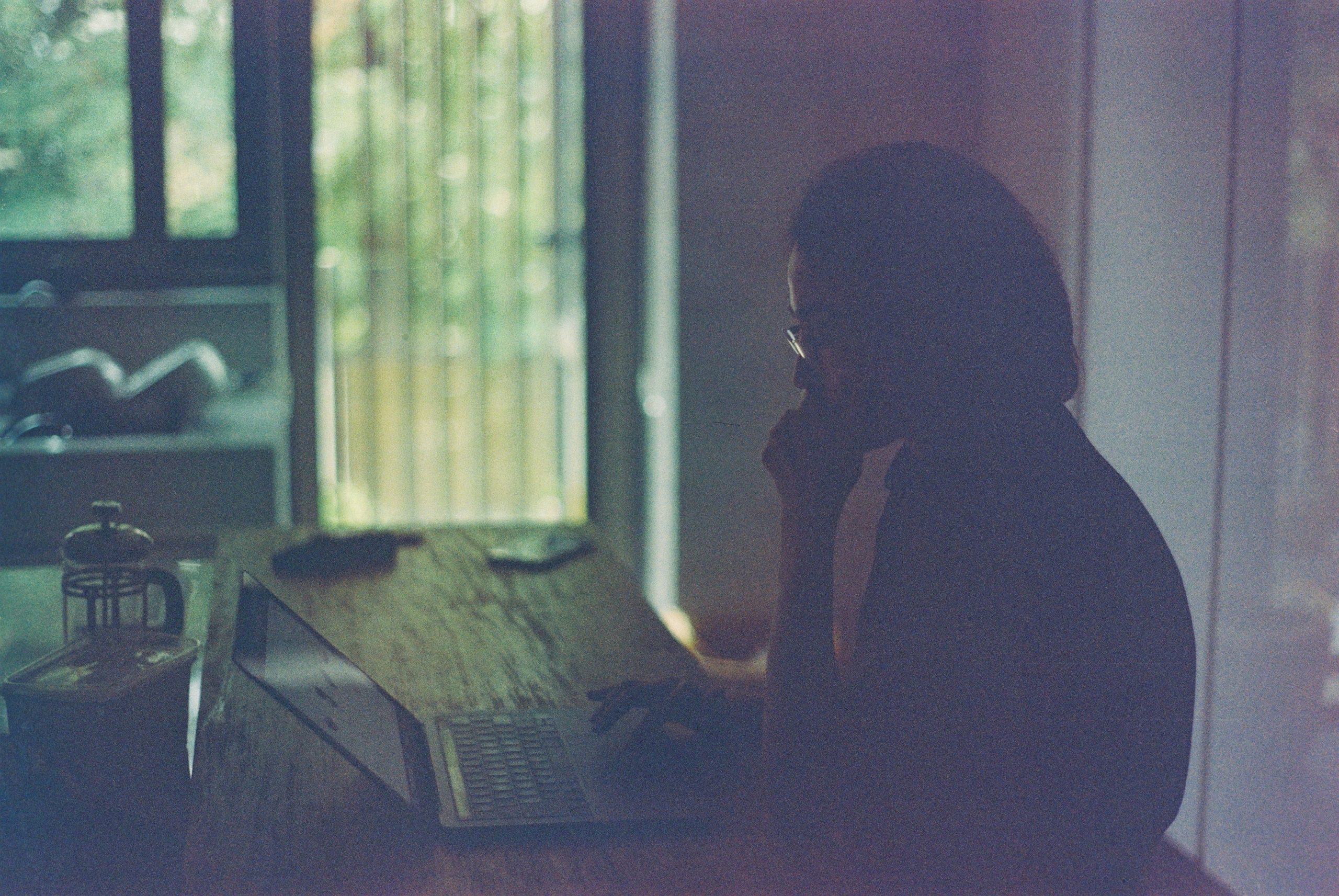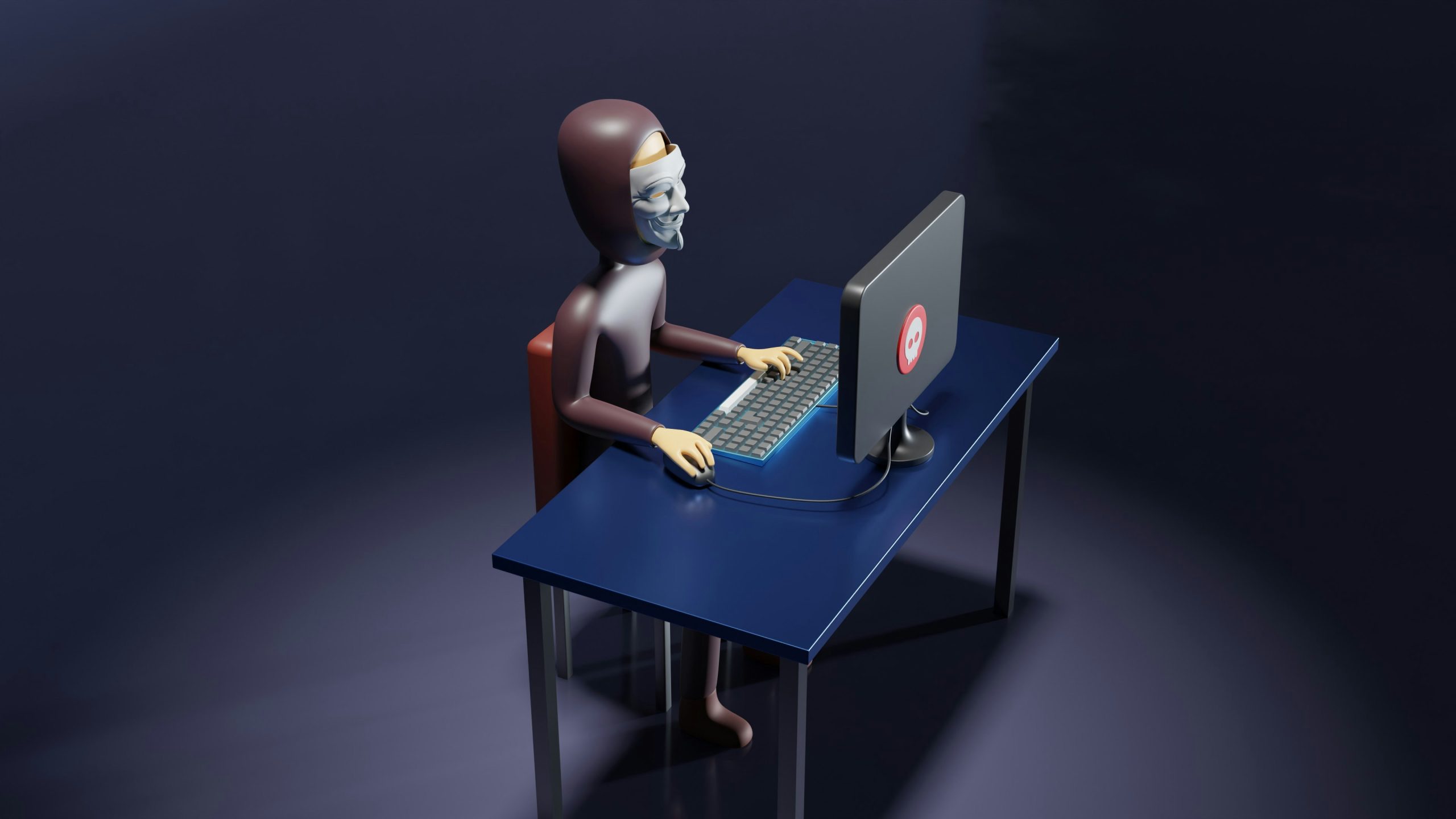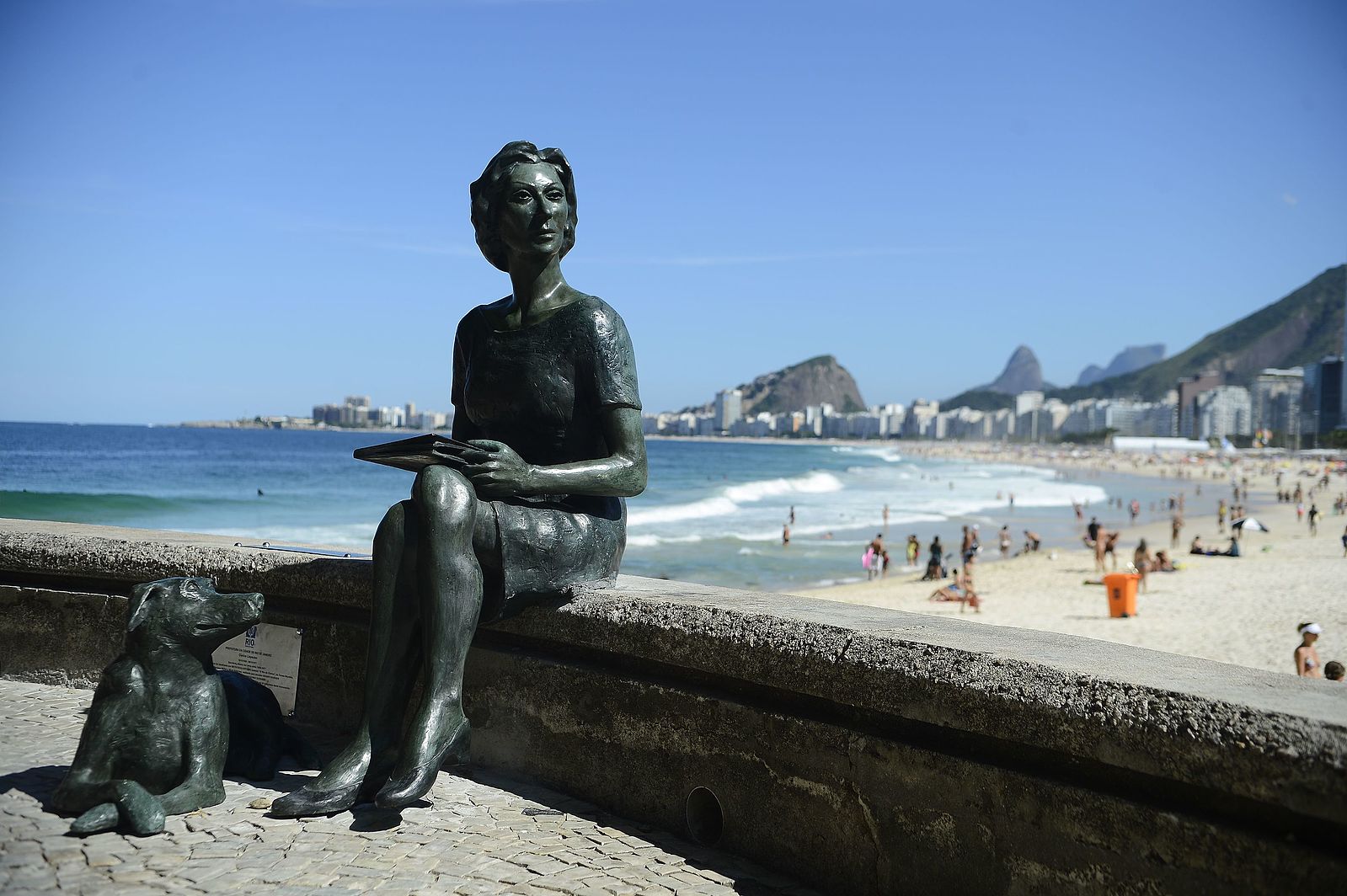Advice
How do you pursue a writing career in Trump’s America without hating yourself?
The Blunt Instrument on art in times of crisis
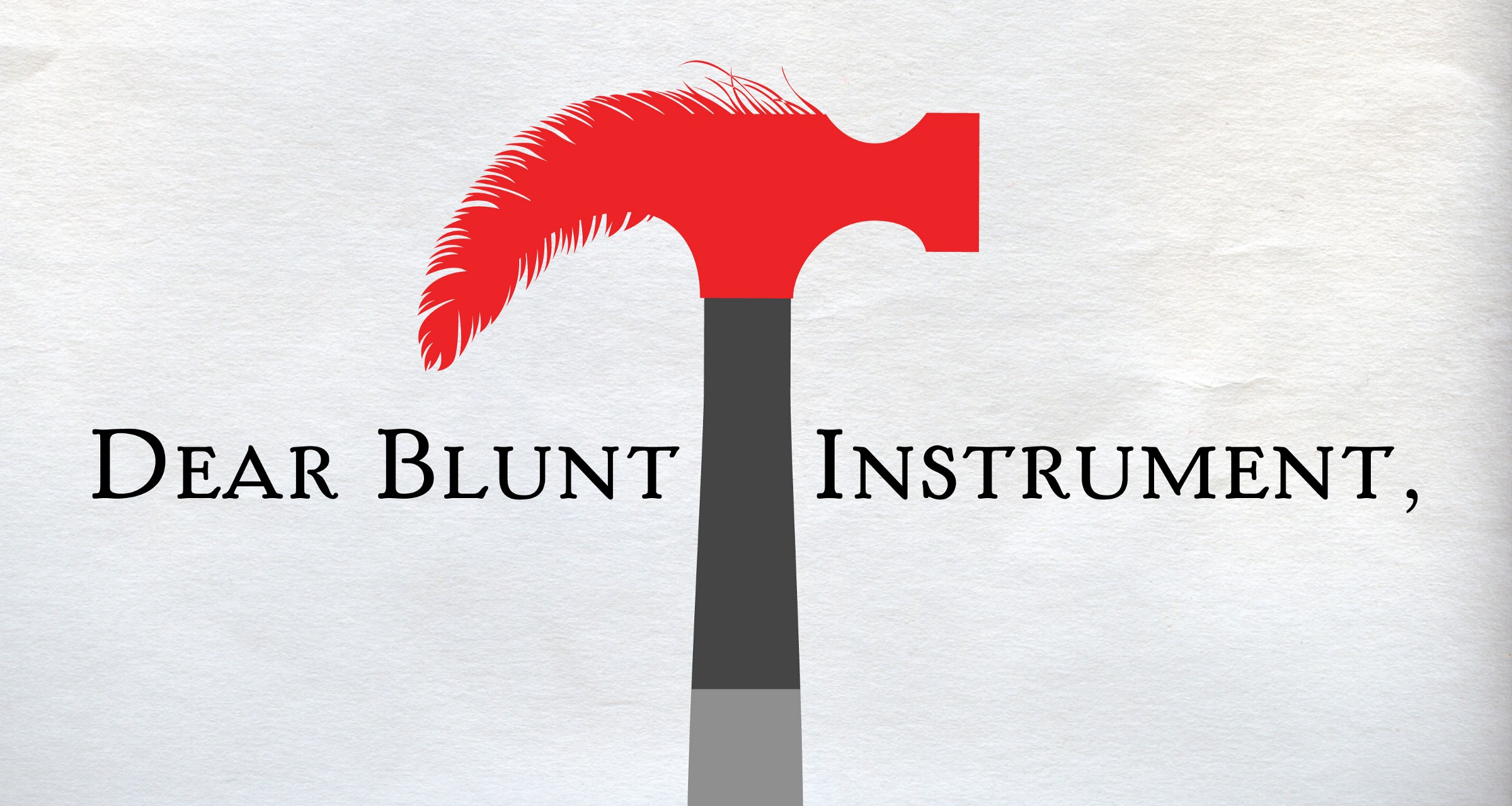
The Blunt Instrument is an advice column for writers. If you need tough advice for a writing problem, send your question to blunt@electricliterature.com.
Dear Blunt Instrument,
So maybe — occasionally enough to get a little bit done, at least — I can convince myself of the value of the act of writing fiction in these turbulent, scary, demoralizing times. And I’m sure there are many inspirational thinkpieces out there I can turn to that will remind me of the healing/confrontational/revolutionary power of literature in and of itself.
But how do I proceed with the purely selfish pursuit of my “career”? I was deep into talks with agents about my novel just before the election and now I’m at a loss. I feel like an asshole for email-nagging people to continue our professional correspondence when they are probably personally overwhelmed with grief over the future of the country.
It’s a grief I share, to be certain, but it doesn’t stop me from selfishly fretting that the cultural shift engendered by the election has rendered my manuscript irrelevant or from worrying that I’ve alienated potential champions of my work by going about business as usual when the fallout of Trump’s win gets direr by the day.
I suppose this all relates to the larger question of how to balance everyday personal life stuff with a broader concern for the world at large, but it feels especially tricky to me in the context of the publishing industry. Is my ambition a form of self-care or is it just apolitical careerism?
Sincerely,
Nasty Novelist
Dear NN,
I follow a lot of writers on Twitter. You may feel like an asshole admitting to these feelings, even anonymously. But rest assured that you’re not the only writer voicing these types of (possibly selfish, possibly petty) concerns: that our works-in-progress are now largely irrelevant, that no one is paying attention to our just-released books, that we’re massively distracted and can’t get back to writing, that frankly we can’t even read (anything but the news).
Your question is a little particular (how to keep up the hustle to publish a completed novel) but I’d like to provide an answer that speaks to artists broadly, wherever they’re at in their careers and whatever problems of art they’re struggling with.
I don’t want you to give up, but there’s room for your outlook to change; I don’t think you should necessarily “go about business as usual.” Below are six guiding principles that I hope will help you and other artists keep working, for as long as we can:
1. Art still matters.
You seem, if not entirely convinced, at least willing to be convinced that yes, art and literature matter even in the new nightmare hell reality. In fact right now a lot of us are looking specifically to art that was created in equally scary or scarier times, for clarity and understanding. (For most of November, I was only interested in reading fiction and nonfiction about World War II and the Holocaust — but I could only take them in small doses.)
We now have the bleak but important opportunity to create the art that people in the future will look to when society/humanity seems again to be on the brink of collapse. (Toni Morrison: “We speak, we write, we do language. That is how civilizations heal.”) Let’s just hope that we and/or some of our art make it to that future. Some people will tell you we obviously will, some people will tell you we obviously won’t, but the truth is, we don’t know and anything could happen.
But we don’t just need “relevant,” overtly political art. We need all kinds of art, including pop music and comics. We need mysteries and YA. We need breaks from the onslaught, we need occasional comfort, in whatever form that takes. So don’t discount your art just because it doesn’t have obvious political relevance. Anything you create from this point on will have unconscious relevance at the very least.
2. Humans need pleasure.
In a symposium on jokes from a 2015 issue of the Threepenny Review, Adam Phillips writes:
Freud was in the tradition of writers who want to persuade us that our capacity for pleasure is the best thing about us — that life is worth having because there are things in it which we enjoy. It is in some ways a strange idea, but one that seems, perhaps unsurprisingly, to have a lot of staying power. Jokes, Freud intimates, like all our other favorite pleasures, keep us going. We don’t want to imagine our amusement coming to an end.
I could take or leave Freud, but I do find this idea powerful. Even in happier (for us) times, life contained a lot of pain. When we’re suffering, moments of pleasure remind us that we owe it to our future selves to stay alive so they can experience more of that pleasure. (Survivors of attempted suicide overwhelmingly say, at later points, that they are glad they weren’t successful. I find it to be one of the most compelling arguments against suicide.)
When we’re suffering, moments of pleasure remind us that we owe it to our future selves to stay alive so they can experience more of that pleasure.
Without moments of happiness, without the hope of future happiness, why do anything? Why fight for anything? Even if you’re deeply committed to resistance: We need to read for pleasure, eat for pleasure, have sex for pleasure, and as artists we may need to write for pleasure. Complete immersion in my work is one of the few times I’ve felt “happy” recently — happiness as loss of awareness of time and the outside world.
Humans find pleasure in the direst circumstances; there was laughter in concentration camps. We’re not there yet. I like that our founding fathers called “the pursuit of happiness” an inalienable right — more so, or rather, than happiness itself. No one deserves constant pleasure, but you deserve a little.
3. You can make time for both art and activism.
As you said yourself, “this all relates to the larger question of how to balance everyday personal life stuff with a broader concern for the world at large.” I tend to think that most of us are only capable of small, local action. A lot of very small decisions add up to larger consequences; that’s exactly how voting works. (And it will work again, if, in two to four years, we still have legitimate elections.)
So make time for the world at large. Pay attention to what’s going on, and contribute where you can, whether it’s with time, money, or attention. Your resources will vary. Things may take a little longer when it comes to your career. This is a time of crisis. Accept it. There’s no deadline for writing a great book.
4. Have patience with your editors.
Everyone I know is overwhelmed right now. Any agents or editors you were working with or waiting on are probably overwhelmed. It’s possible their jobs or funding are or will soon be on the line. So try to be patient with them. Be as kind, understanding, and generous as you can. Parlay your moments of selfishness into empathy: If you’re frustrated and anxious they probably are too.
Parlay your moments of selfishness into empathy: If you’re frustrated and anxious they probably are too.
Of course, if you’re an editor, or an agent, the same goes for you: Try to be patient with writers.
5. Allow your priorities and concerns to change.
If your novel is still important to you, then try to get it published. There are publishers out there that still want to exist, and they need good books to publish so they can keep existing.
When it comes time to write again, write what feels important now, not what felt important six months ago. For many people I know, that’s changed. You don’t have to stick to your five-year plan. You don’t even have to write for a while; not writing is part of writing.
6. Your work is your career.
As a final note, remember that your work is your career — not some totally separate entity. Artistic careers can be meaningful without booming financial or even critical “success.” (The whole concept of “careers” outside of work is one I find inherently odious and oppressive, but that’s a topic for another day.)
Of course, you can and naturally will pursue success as you would happiness — I once read that some Buddhist text claims even reclusive cave monks “have the desire to be known the world over as the most reclusive of cave monks.” But I do think at this moment in history, individual ambition should come second to collective ambition — the future of humanity is literally at stake. We must make art, find pleasure, and resist evil too. Everyone has to find their own livable balance; I suppose the best advice I can offer in that regard is to act in a considered fashion, so as to minimize personal regret and collateral damage. The fact that you’re asking these questions at all proves you care about consequences.
So: Keep working, with empathy and integrity, and take care of yourself and others.
— The Blunt Instrument





